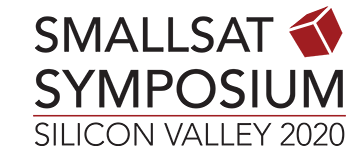

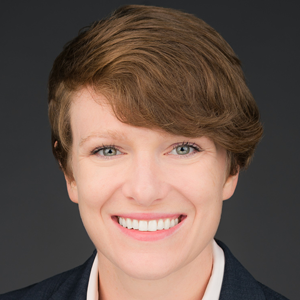 Katherine Gizinski
Katherine Gizinski
Katherine Gizinski is the Chief Commercial Officer for ManSat, the global market leader in commercial provision of spectrum to the satellite industry.
Before her tenure at ManSat, Katherine worked with U.S. defense contractors to bring cutting edge commercial satellite and terrestrial communication technologies to austere environments in support of military, diplomatic, first responder, and commercial initiatives.
Leading global product and service sales for Mission Mobility, Katherine drove the development of next-generation rugged and resilient communications at the network edge.
In her time with Kratos Defense, Katherine supported tactical and executive communication solutions for military and civil programs including the Department of State REACH program which provided emergency communication capability to every U.S. Embassy and Consulate worldwide.
Katherine holds a Bachelor of Science in Commerce from the University of Virginia.
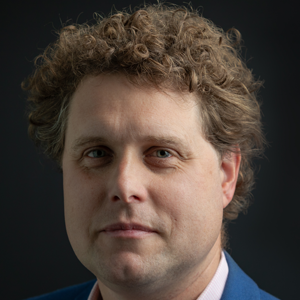 Peter Beck
Peter Beck
Peter Beck is the founder and chief executive of Rocket Lab, the world’s leading dedicated small satellite launch provider. Rocket Lab provides end-to-end mission services, including complete satellite build and launch solutions, that provide rapid, frequent and reliable access to space. Rocket Lab has been launching since May 2017, delivering satellites to orbit for commercial and government customers, including DARPA, NASA, the United States Air Force and more.
Since founding the business in 2006, Peter has grown Rocket Lab to become a globally recognized industry leader in space and a billion-dollar company employing hundreds of world-class engineers. In addition to creating Electron, the world’s first fully carbon-fiber orbital launch vehicle, Peter also oversaw the development of the world’s first and only private orbital launch range, located on New Zealand’s Māhia Peninsula. He played a crucial role in establishing international treaties and legislation to enable orbital launch capability from New Zealand.
Under Peter’s guidance, Rocket Lab will launch thousands of small satellites to orbit, enabling vital science, research, and services from orbit including weather monitoring, communications, technology demonstrations, and Earth-observation.
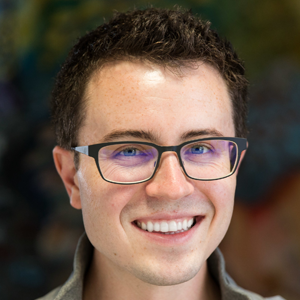 Tim Ellis
Tim Ellis
Tim is co-founder and CEO of Relativity, the first autonomous rocket factory and launch services leader for satellite constellations. Relativity is the market leader for a new platform to build and fly rockets and other aerospace products. They recently created the largest robotic metal 3D printer in the world and tested their entirely 3D printed Aeon rocket engine over 124 times. Tim played a leading role in closing over $80M of partnerships with the U.S. Government, including the first-ever venture-backed company to win an Air Force launch site award at Cape Canaveral. Previously responsible for bringing metal 3D printing into Jeff Bezos’ Blue Origin, and a propulsion development engineer on Crew Capsule RCS thrusters, BE-4, and New Glenn. Alumni of USC and played a leadership role in launching the first student-designed and built rocket into near space. Testified to the U.S. Senate on commercial space policy and is the youngest member of the National Space Council UAG by nearly 2 decades, and directly advises the United States White House on all space policy. Has spoken at numerous conferences including CBInsights Aha! and TEDx. Relativity is backed by Playground Global, Social Capital, Y Combinator, Mark Cuban, USC, and Stanford.
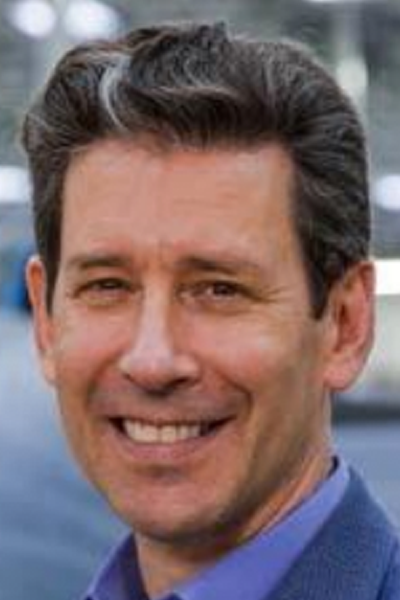 Dan Hart
Dan Hart
Over the course of his career, Dan has served in senior leadership roles across a wide range of aerospace programs, spanning human spaceflight, satellite development, launch, and missile defense and running through all phases of the aerospace product life cycle, from research and development through design, production, and space-flight operations.
Dan currently serves as President and CEO for Virgin Orbit, Richard Branson’s pioneering commercial space firm, launching small satellites into space from a rocket carried under the wing of a modified Boeing 747. It is Virgin’s contribution to the massive transformation going on in space technology and has a clear goal of opening access to space to improve life on earth.
Dan joined Virgin Orbit after more than three decades of aerospace leadership at the Boeing Company, where he most recently served as Vice President of Government Satellite Systems. In that position, he oversaw Boeing’s government satellite programs, developing and managing missions for the U.S. Department of Defense, NASA, NOAA, and other national programs. Dan’s portfolio included marquee programs such as Global Positioning System (GPS), Wideband Global SATCOM, the Tracking and Data Relay Satellites (TDRS) system, and the X-37 spaceplane.
After beginning his career with McDonnell Douglas supporting the Spacelab Program at NASA’s Kennedy Space Center, Dan was soon loaned to the European Space Agency to support system integration, followed by roles on the Delta and Delta II launch crews, then leading the Systems Engineering, Integration and Test Team for the development of the Delta IV Launch Vehicle. Dan was subsequently named Chief Engineer for the Ground-Based Midcourse Defense (GMD) anti-ballistic missile system before becoming Chief Engineer over all of Boeing’s space programs.
Dan holds a Bachelor of Science degree in physics from the State University of New York at Albany and attended the Harvard Business School Advanced Management Program.
He is a passionate and committed advocate for Science, Technology, Engineering, and Math education, and serves on the Executive Board of the California Science Center.
Dan knows his way around an electric guitar and full drum kit but is holding out for the return of Virgin Records before unleashing his debut album on the world.
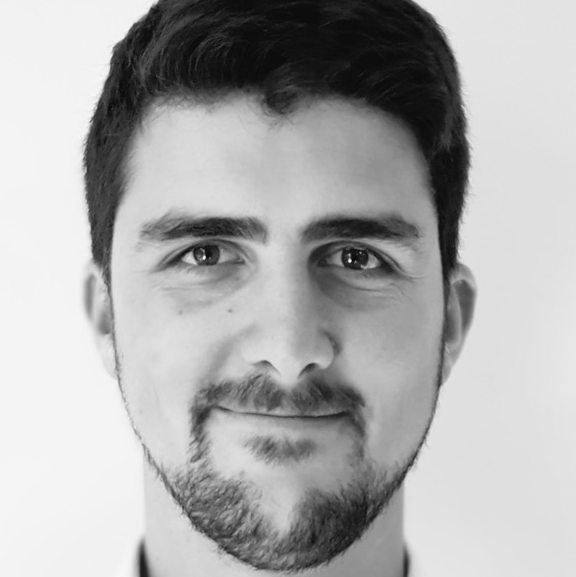 Connor Jonas
Connor Jonas
Connor Jonas, CarboNIX program manager, project manager for small satellite launches, has a background in mechanical engineering and project management.
He led the structural development of eight CubeSats before joining Exolaunch, where he now coordinates individual customer launch campaigns as well as spearheading test campaigns for all Exolaunch products.
Connor holds a master of space engineering degree from the Technical University of Berlin and a BS in mechanical engineering from California Maritime Academy.
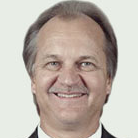 Bradley Schneider
Bradley Schneider